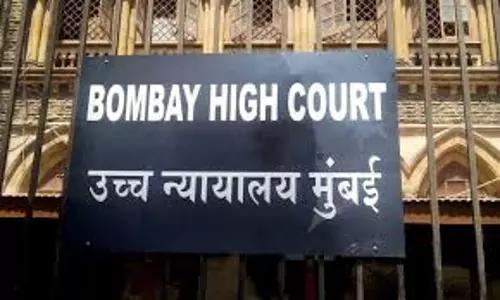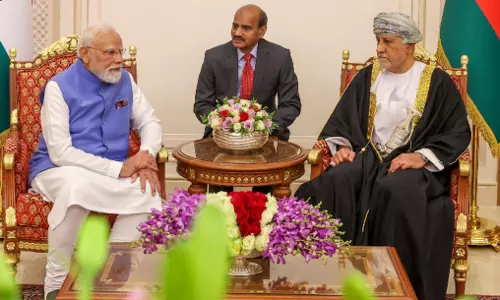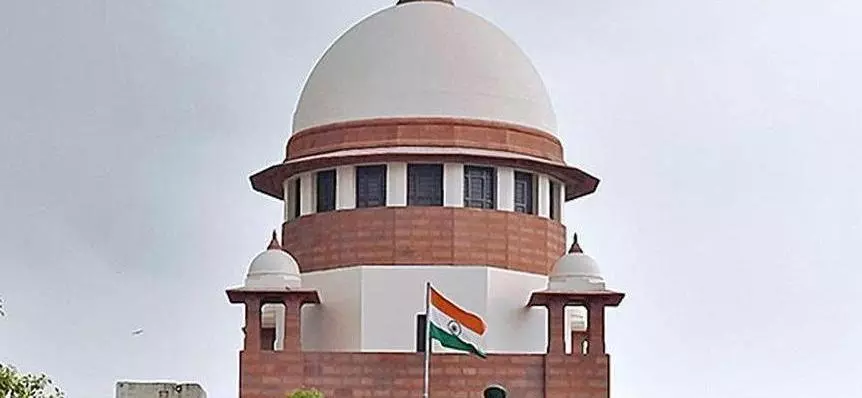
SC reconstitutes bench to hear plea against 2022 verdict upholding ED powers
text_fieldsNew Delhi: The Supreme Court has reconstituted a three-judge bench to determine whether its 2022 ruling, which upheld the Enforcement Directorate's powers under the Prevention of Money Laundering Act, requires reconsideration.
The newly formed bench, comprising Justice Surya Kant, Justice Ujjal Bhuyan, and Justice N Kotiswar Singh, will review a series of petitions challenging the previous verdict. The matter is scheduled for hearing on May 7.
Earlier, a bench consisting of Justice Kant, Justice Bhuyan, and Justice CT Ravikumar was overseeing the case. However, Justice Ravikumar superannuated on January 5.
On March 6, after the pleas were mistakenly listed before a two-judge bench, Justice Kant informed the lawyers involved that the matter had been incorrectly scheduled and assured them that a properly constituted three-judge bench would soon take up the issue.
In July 2022, the Supreme Court upheld the Enforcement Directorate's (ED) authority under the Prevention of Money Laundering Act (PMLA), affirming its powers of arrest, property attachment, search, and seizure in cases of money laundering.
A month later, the court agreed to review its verdict, noting that two aspects—the absence of an Enforcement Case Information Report (ECIR) and the reversal of the presumption of innocence—"prima facie" required reconsideration.
Recognising that money laundering poses a global threat to financial systems, the apex court upheld key provisions of the PMLA, emphasising that it is not an "ordinary offence".
The court clarified that ED officials are "not police officers as such" and ruled that an ECIR is not equivalent to an FIR under the Code of Criminal Procedure (CrPC). It further stated that providing an ECIR copy to the accused is not mandatory, as long as the ED discloses the grounds for arrest at the time of detention.
The ruling was issued in response to over 200 petitions from individuals and entities challenging various provisions of the PMLA, a law that the opposition frequently criticises as a tool for targeting political adversaries.
Additionally, the court upheld Section 45 of the PMLA, which classifies offences as cognisable and non-bailable, maintaining that its twin conditions for bail are reasonable and do not suffer from arbitrariness or unreasonableness.
(inputs from PTI)


















